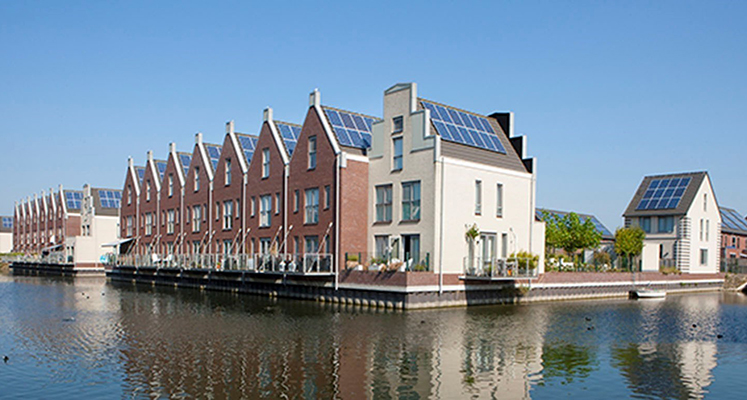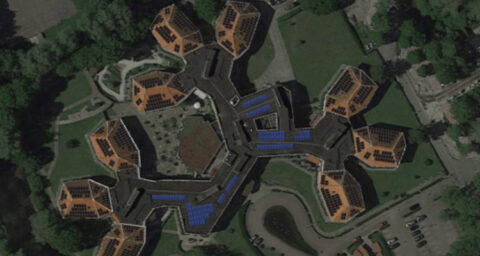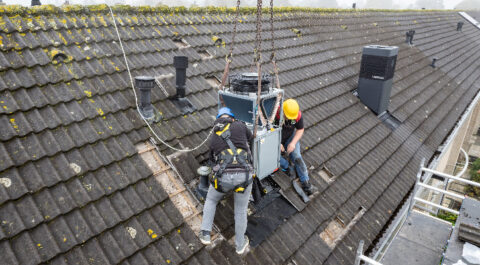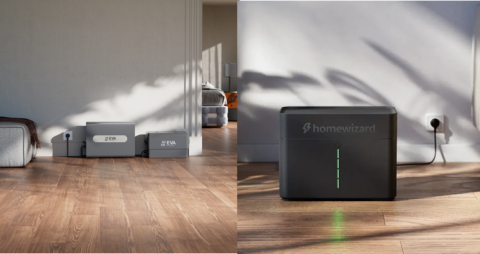The favorable scheme whereby owners of solar panels can offset their generated electricity against their consumption will remain for now. A proposed bill to phase out this scheme from 2025 did not receive support in the Senate. The two largest political groups, BBB and GroenLinks-PvdA, have indicated they will vote against it.
During the debate on the bill last week, it became clear that these parties, who previously voted against it in the House of Representatives, also had strong objections in the Senate. Among other things, they are concerned that without the scheme, the cost of solar panels will be beyond the reach of people with lower incomes.
On Tuesday, a majority of senators voted against the bill. The two largest groups in the Senate, BBB and GroenLinks-PvdA, believe that the incentive scheme should remain. GroenLinks-PvdA argues that solar panels are actually becoming accessible to low-income people, and therefore ending the subsidy is not appropriate.
BBB sees the phase-out as a tax measure by the government to bring in 2.8 billion euros over the next few years. The party believes that the problems of overloading the electricity grid should be solved first before abolishing net-metering.
The PVV, SP, Party for the Animals and JA21 also voted against it. Thus, a majority of 43 out of 75 senators rejected the proposal.
Descending
For more than seven years, successive governments have tried to phase out the solar panel net-metering scheme. This scheme allows owners of solar panels to offset the generated power they supply to the grid against the power they consume when there is less sunlight.
According to the government, the scheme is no longer necessary because solar panels have now become much cheaper. It costs the government hundreds of millions of euros annually, and an increasingly smaller group of households without solar panels is subsidizing households that do use solar energy through their energy bills. It is also detrimental to the overloaded electricity grid.
The two political parties ignored the urgent appeal of outgoing Minister Rob Jetten (Climate and Energy). He warned that rejecting this law would entail an incidental cost of 2.8 billion euros and a structural cost of 717 million euros.
Missed opportunity
Nevertheless, the net-metering scheme has contributed to the energy transition. In late January it was announced that the Netherlands has become the world leader in solar panels. Per inhabitant, an average of 3.5 solar panels were installed on roofs and land. Thanks to a growth spurt last year, the Netherlands knocked Australia out of first place.
Branch organizations Netbeheer Nederland and Energie-Nederland regret that the bill for the gradual phasing out of the net-metering scheme did not pass the Senate. As a result, the favorable scheme will remain in force for the time being. Netbeheer Nederland calls it a "missed opportunity."
"Keeping the scheme as it is now means that electricity grids are unnecessarily burdened when the sun shines. It would have been much wiser to transform the scheme into a reward system for own use of solar power," said Hans-Peter Oskam, director of policy and energy transition at Netbeheer Nederland.












